8 Tips to Saving Money on Your Heating and Cooling

Table of Contents
TLDR: Saving on heating and cooling costs is achievable with energy-efficient appliances, regular maintenance, smart thermostats, proper insulation, and sensible use of window treatments and ceiling fans. Small changes in habits and moderate thermostat settings can also contribute to significant savings.
Heating and cooling your home can constitute a significant portion of your energy bills. With the right strategies, however, you can make your home more energy-efficient and save money. Let’s explore some effective ways to reduce your heating and cooling costs without sacrificing comfort.
1. Upgrade to Energy-Efficient Appliances
Investing in energy-efficient heating and cooling systems, such as those with high Energy Star ratings, can lead to substantial long-term savings. These modern appliances use advanced technology to provide the same comfort levels while consuming less energy. Look for furnaces, air conditioners, and heat pumps with high SEER (Seasonal Energy Efficiency Ratio) and AFUE (Annual Fuel Utilization Efficiency) ratings. The initial investment might be higher, but the reduction in utility bills and the environmental benefits make it a wise choice.
2. Regular Maintenance
Regular maintenance of your HVAC system extends its life and maintains its efficiency. This includes cleaning or replacing filters every 1-3 months, checking the system’s refrigerant levels, inspecting the condenser and evaporator coils, and ensuring the heating system is free of dust and debris. Annual professional check-ups are crucial for identifying and fixing small issues before they turn into costly repairs, thereby keeping your system running smoothly and efficiently.
3. Smart Thermostats
Smart thermostats are a game-changer in managing your home’s heating and cooling. These devices allow precise control over your home’s temperature, even remotely through your smartphone. Features like learning your schedule, adjusting temperatures based on occupancy, and providing energy usage reports can help you make informed decisions about your energy use, leading to significant cost savings and a more eco-friendly home.
4. Seal and Insulate
Proper sealing and insulation are key to maintaining a comfortable and energy-efficient home. Sealing gaps around windows, doors, and ductwork prevents air leaks, while proper insulation, especially in the attic and walls, keeps your home warm in winter and cool in summer. This not only reduces the strain on your heating and cooling systems but also prevents issues like moisture condensation, which can lead to mold growth.
5. Use Ceiling Fans
Ceiling fans are an energy-efficient way to enhance your home’s comfort. By running them clockwise in the winter, you can push warm air down from the ceiling. In the summer, set them to run counterclockwise to create a cooling breeze. This allows you to adjust your thermostat settings accordingly and reduce the load on your heating and cooling systems, saving energy and money.
6. Window Treatments
Effective window treatments, like blinds, curtains, or reflective window films, can significantly impact your home’s thermal efficiency. In winter, they can trap heat inside, reducing the need for excessive heating. During summer, they block out solar radiation, keeping your home cooler. This natural temperature regulation reduces your reliance on heating and cooling systems, leading to energy savings.
7. Moderate Thermostat Settings
A moderate thermostat setting is key to saving energy. In winter, setting your thermostat to 68°F when you’re awake and lowering it when you’re asleep or away can reduce your heating bill. In summer, setting it to 78°F when you’re home and higher when you’re away can help with cooling costs. These small adjustments can lead to significant savings over time, without compromising on comfort.
8. Energy-efficient Lighting
Switching to LED or CFL lighting can make a surprising difference in your home’s temperature and energy usage. These bulbs use less energy and emit less heat than traditional incandescent bulbs, reducing the workload on your cooling system during hot months. Additionally, their longer lifespan means you’ll save money on replacement costs and contribute to environmental conservation.
Partner with Air Docs for Your HVAC Needs
If your home’s heating and cooling system requires professional attention, look no further than Air Docs. Specializing in a wide array of HVAC services, we’re here to assist you with everything from AC replacement to furnace maintenance. Whether you’re looking to upgrade to a more energy-efficient air conditioner, install a new furnace, or need a smart thermostat installed to better manage your home’s climate, our team of experts is equipped to provide top-notch service. Regular maintenance is key to the longevity and efficiency of your HVAC system, and Air Docs is committed to ensuring your AC and furnace are in peak condition. With our expertise, we can help you save money on heating and cooling, making your home comfortable and energy-efficient year-round. Contact Air Docs today for reliable and professional HVAC solutions.
Frequently Asked Questions
Q: What temperature should I set my thermostat to save money? A: In the winter, aim for around 68°F when you’re home and lower when you’re away or asleep. In summer, 78°F is efficient when you’re at home.
Q: Can closing vents in unused rooms save money? A: Contrary to popular belief, closing vents in unused rooms can actually increase energy use and strain your HVAC system. It’s better to keep them open for even air distribution.
Q: How much can I save with an energy-efficient furnace or air conditioner? A: The savings can be significant, often around 20-30% of your heating and cooling costs, depending on the efficiency of the unit you choose and your usage patterns.
Q: Is it more cost-effective to use space heaters or central heating in winter? A: While space heaters can be efficient for heating small, isolated areas, central heating is generally more cost-effective for heating larger spaces or the entire home.
Other Blogs You May Be Interested In
Categories

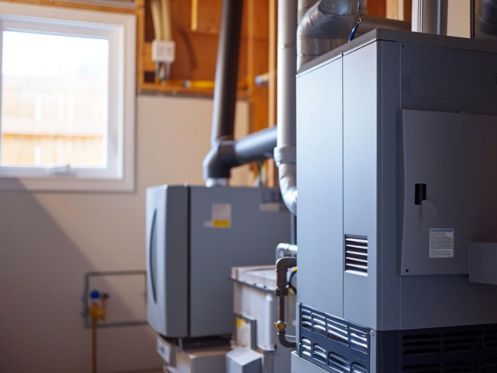
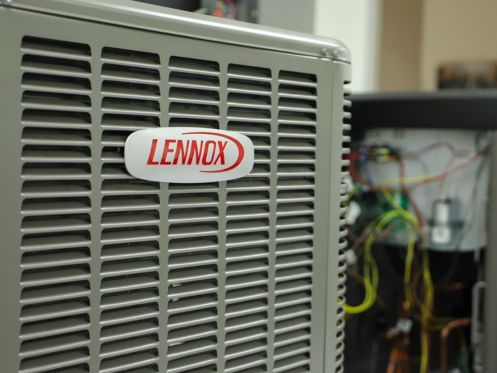

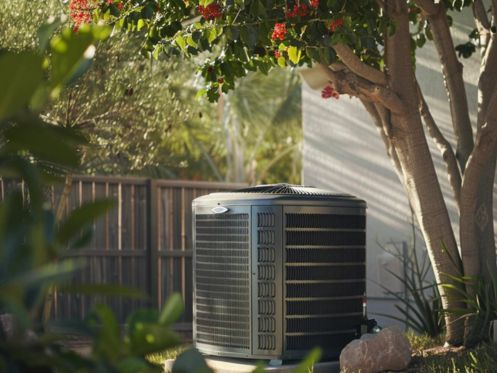

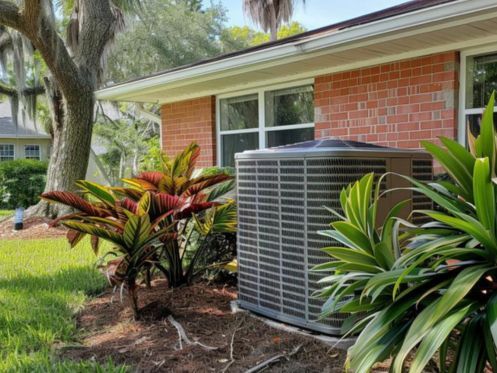
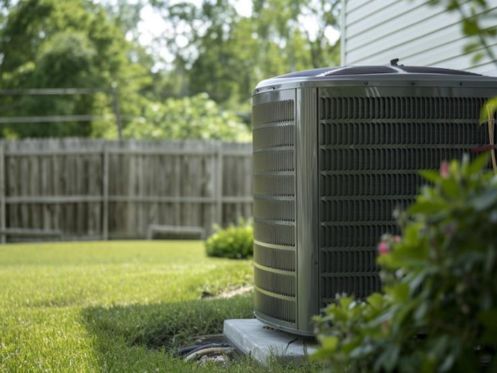
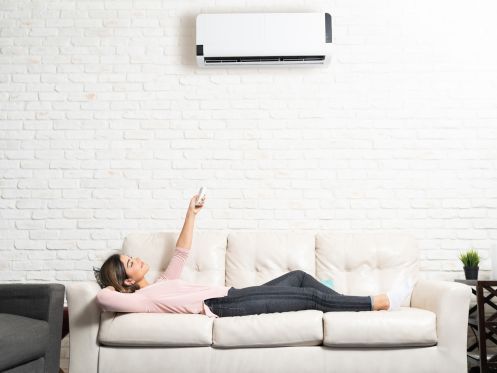
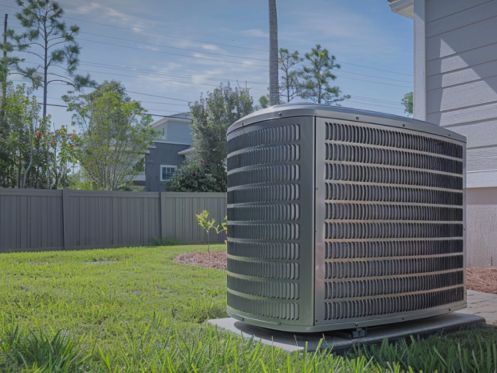

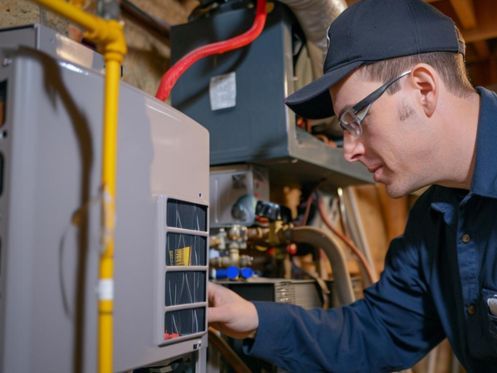
Leave a Reply